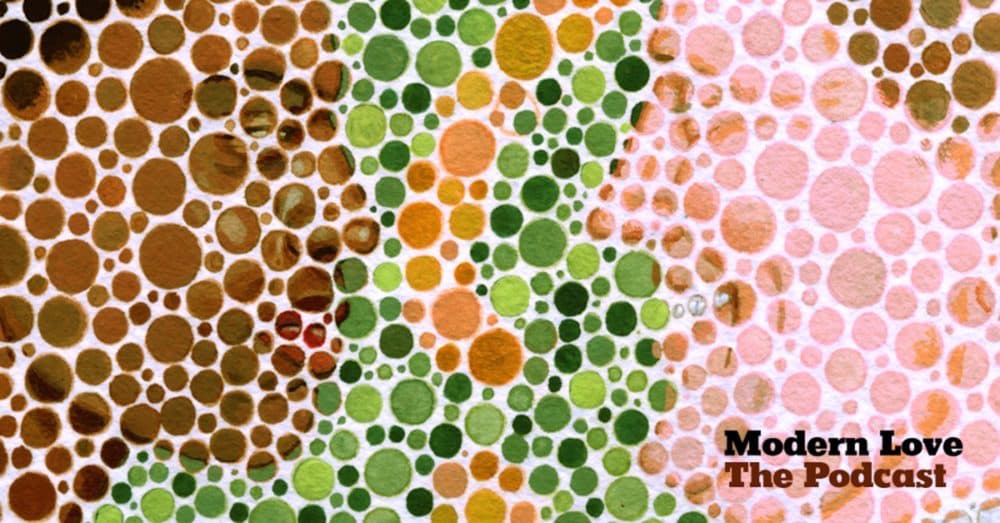Advertisement
Race Wasn't An Issue To Him, Which Was An Issue To Me With Lorraine Toussaint | Encore

Right now we are watching extraordinary protests around the world against police violence and institutional racism. And once again, as a country, we’re having a conversation about what it means to be Black in America.
So today, we wanted to return to an essay that’s also part of that conversation. It’s by Kim McLarin. After the essay, we’ll hear from Kim. We first talked to her in 2019, and we reconnected with her on Monday to hear how she’s doing now.
Where Are They Now?
On June 8, 2020, Kim McLarin told us, "I have been alternating between numbness and rage and exhaustion. I did not watch the original George Floyd video. I could not watch it. I am beyond weary of watching horrific violence against Black people."
"It has been incredibly challenging and incredibly frustrating, because this is not new. Here we are again and again and again. And I’m just tired."
"America has such amnesia," she continued. "I covered the Rodney King riots in 1992. When it first happened, there was outrage about those cops beating Rodney King on that Los Angeles highway, and it quickly dissipated. There has been white outrage before, and there have been protests before. I’m not going to dismiss it, but protest alone will not change the problem. We need structural change. And for that to happen, white people have to demand it and see it through."
"Malcolm X said, if you shove a knife six inches into my back and then you pull it out three inches, that’s not progress. Progress is pulling the knife way out and then repairing the wound. So even if we have pulled the knife out three inches, that’s not progress," she continued.
"America seems to be beginning to face that we have a policing problem. But the policing problem is only part of the larger white supremacist systemic racism, and I don’t know if America is facing that yet. So I don’t know if we’re making progress yet. It is too soon to declare progress."
Advertisement
And Kim said that this is not a problem that love can solve.
"I’m from the South; I grew up in Memphis. In the South, white people and Black people had very close personal relationships. That didn’t change the structural racism," she said. "Loving an individual Black person is irrelevant. I don’t want your love, I don’t want your friendship. I want you to get out and fix your country."
And Kim continued: "I’m tired of talking. I’m 56 years old. When I went away to ... Philips Exeter when I was 16, I started talking in class, writing papers and writing for the school newspaper. I continued it at Duke, I continued it through my journalism career, I continued it through my novels, I continued it through my essays. I have been writing and talking to white people for more than 40 years. I’m tired. And I’m pretty much done."
"James Baldwin said we are not allowed to give up, because of the children. So I will never give up," Kim said.
"I can tell you the truth. I don’t have any hope. But that doesn’t mean I’m going to stop fighting."
